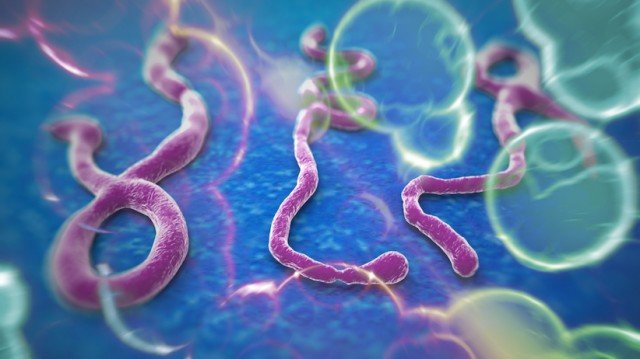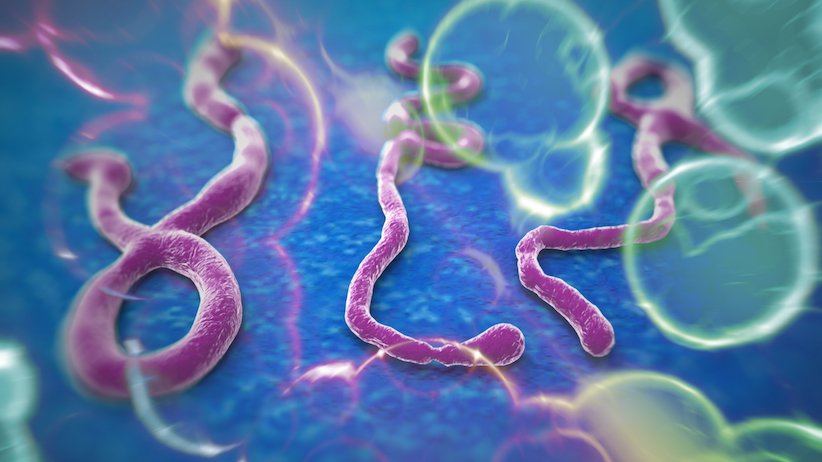WHO Director of Strategy, Dr. Christopher Dye, has said in a recent interview that leading global health experts did not anticipate the scale of the Ebola outbreak.
He said the international response was helping but needed to continue.
Ebola is entrenched in the capitals of the worst-affected countries – Guinea, Liberia and Sierra Leone, the WHO says.
The Ebola outbreak has killed more than 3,860 people in 2014, mainly in West Africa.
More than 200 health workers are among the victims.
Christopher Dye said that that although no-one was in a position to anticipate the scale of the current outbreak, the important thing was to look forward.

“We’ve asked for a response of about $1 billion; so far we have around $300 million with more being pledged, so a bit less than half of what we need but it’s climbing quickly all the time,” he told BBC.
In April 2014, the medical charity Medecins Sans Frontieres (MSF) warned of the potential spread of the virus, but the WHO played down the claims, saying that Ebola was neither an epidemic, nor was it unprecedented.
On October 10, MSF reported a sharp increase of Ebola cases in the Guinean capital, Conakry, dashing hopes that the disease was being stabilized there.
Meanwhile in Mali, an experimental serum is being tested on volunteer health workers.
The trial spans several countries, and the results will be sent to experts to determine whether it is able to protect against Ebola.
Meanwhile in Spain, seven more people are being monitored in hospital for Ebola.
They include two hairdressers who came into contact with Teresa Romero, a Madrid nurse who looked after an Ebola patient who had been repatriated from West Africa.
Teresa Romero is now reported to be gravely ill but stable.
